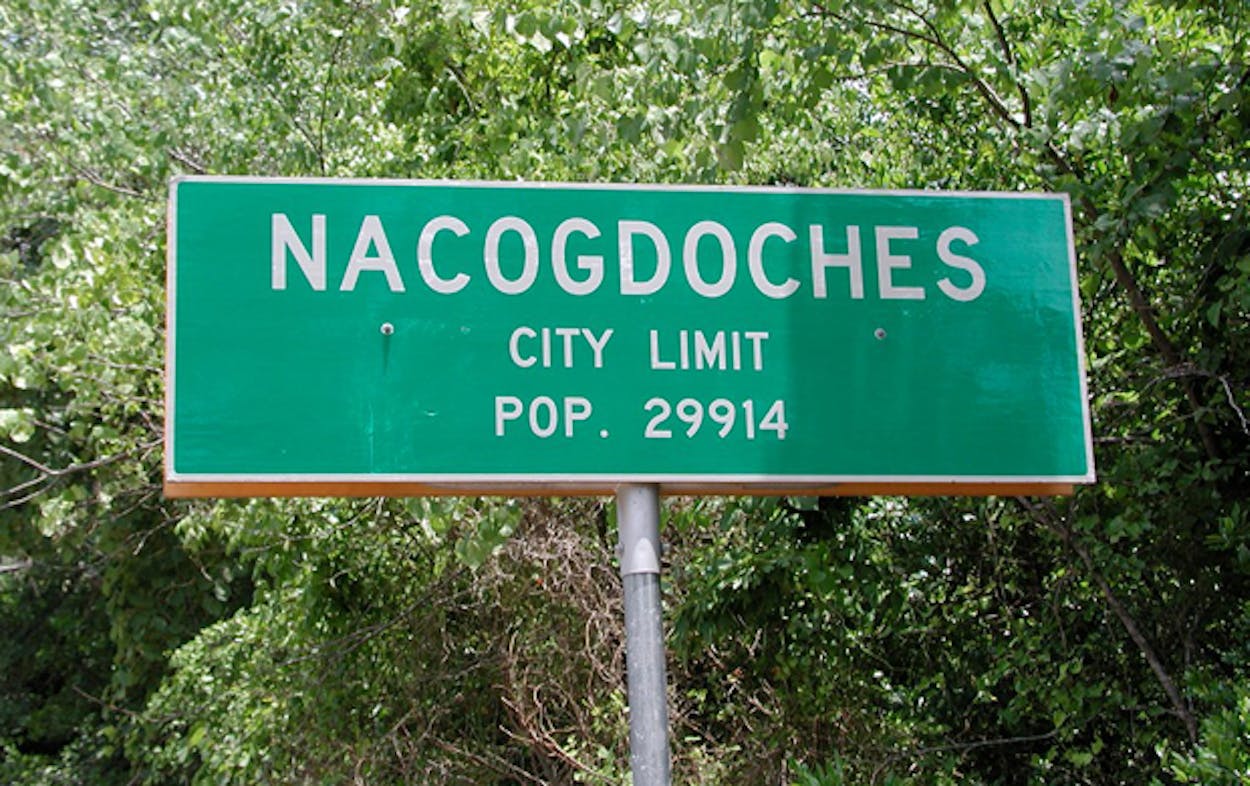Lured by the promise of steady jobs, hundreds of Burmese refugees have flocked to Nacogdoches to work in the Pilgrim’s Pride plant de-boning chicken.
Nacogdoches, a small city with a low unemployment rate, had trouble attracting American workers for the jobs, which tend to be poorly paid. So, early last year, Pilgrim’s Pride announced its intention to fill some empty jobs by hiring more than one hundred refugees from Myanmar to de-bone chicken by hand, Red River Radio’s Kate Archer Kent reported for NPR.
Many of the refugees, who were living throughout the U.S., moved to Nacogdoches after hearing about the jobs. (In 2010, more than 16,000 Burmese refugees were resettled around the U.S., accounting for a full 22 percent of all refugees accepted into country.)
But not everyone in the town was happy to have them (and comments on news stories about the hiring push reflected those sentiments.) “The initial reaction, it wasn’t as good as it should have been,” Nacogdoches mayor Roger Van Horn told Kent.
The Nacogdoches Daily Sentinel has run more than thirty pieces (subscription required) on the refugees over the past year, a mix of positive editorials, troubled letters to the editor, touching feature stories, and explanatory articles aimed at bridging the cross-cultural divide.
Even Republican state representative Wayne Christian, of Center, went to bat for the Burmese refugees, finding them preferable to the illegal immigrants that he said have worked in Pilgrim’s Pride facilities in the past:
We have a significant illegal alien problem, but these people — refuges from a militaristic country — are brought here under United States law . . . We should reach out our arms to help these new citizens and assimilate them.
Perhaps in part because of this coverage, the initial reception to the refugees has warmed. Linda Greer, who owns an upholstery shop, told Kent she hoped to hire some refugees to work in her shop. “You don’t mind helping somebody that’s good and kind and wants to work. It’s a small town, and I think people in a small town have a little more tolerance,” Greer said.







